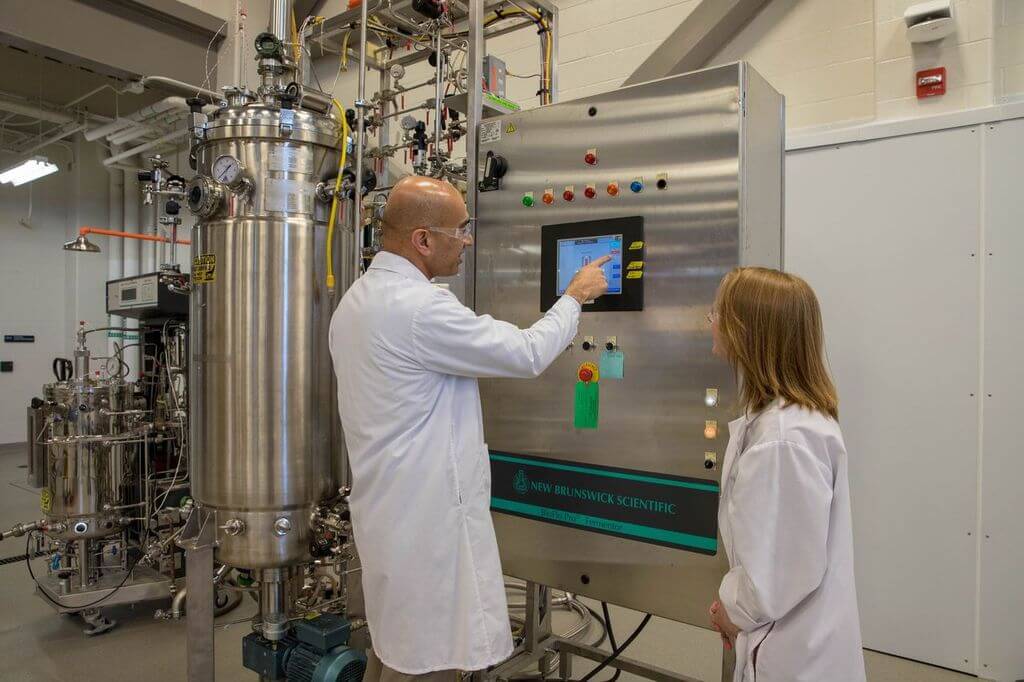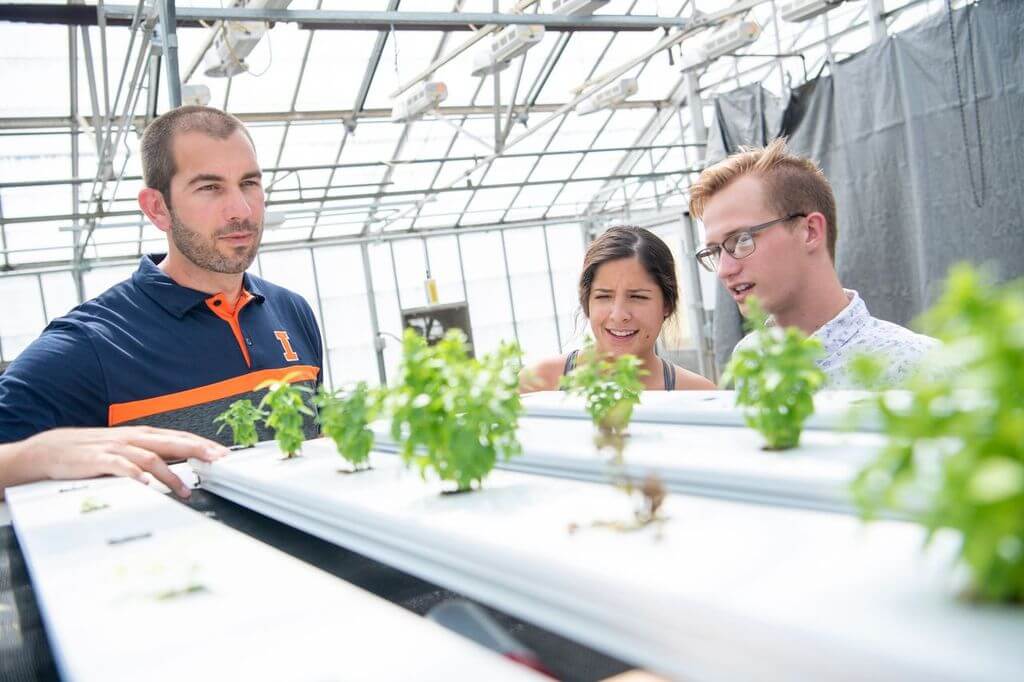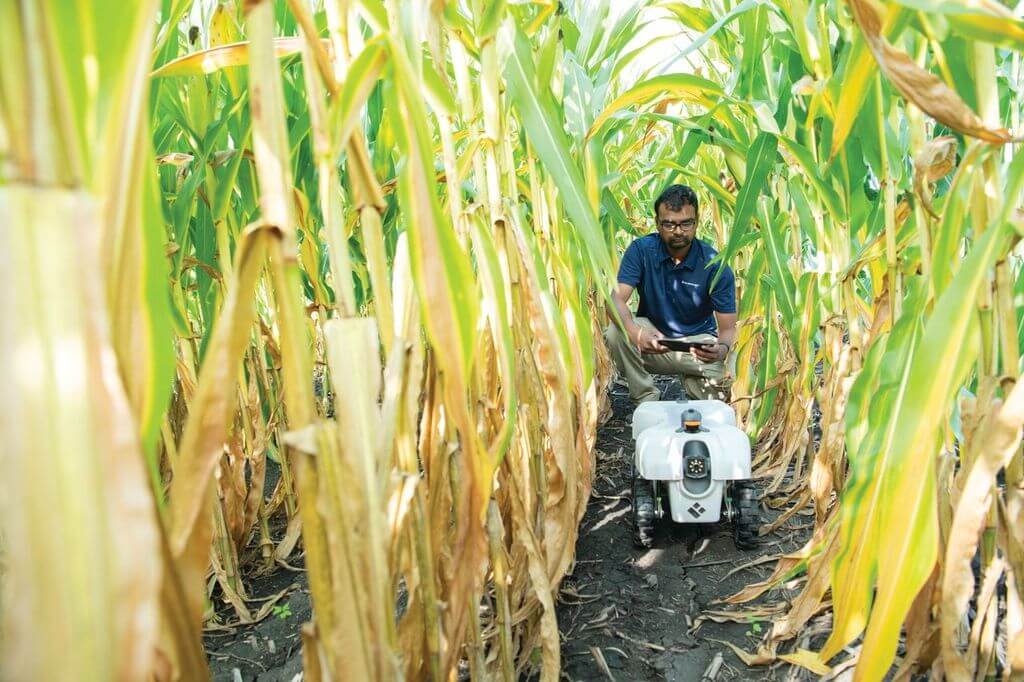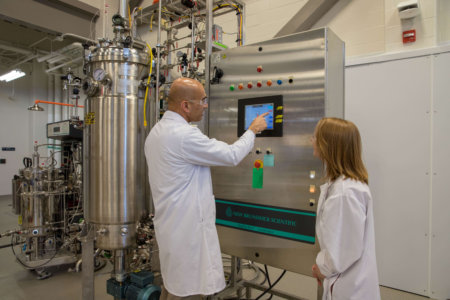Ensuring a sustainable future — by improving agricultural, food and other biological systems — requires far more than scientific prowess. The Department of Agricultural and Biological Engineering (ABE) at the University of Illinois at Urbana-Champaign is a world-class leader in this aspect.
Its unique mission is to fuse engineering skills with training in the analysis of complex systems for food, agriculture, energy, and the environment. The innovative combination has cemented the department’s stellar reputation as one of the US’s finest. Having just celebrated its 100th-anniversary last year, it is also one of the country’s most historic.
The ABE’s small size further adds to its appeal, ensuring every learner from near or far is guaranteed a personalised, engaging, and collaborative journey to the forefront of spearheading a healthier, more abundant world. “We are the second smallest engineering major on campus which allowed me to experience a small community within a big college, which is very unique for engineering students at Illinois,” confirms ABE senior Fina Healy.
The journey begins with an underlying drive to achieve interdisciplinary excellence. Daniela Markazi sought to merge her passions for robotics, engineering and computer science with her natural knack for biology, environmental science and sustainability. ABE’s ABET-accredited BS in Agricultural and Biological Engineering programme was designed for such curiosity.
It answers burning questions by providing boundless opportunities for high-impact learning experiences such as hands-on research with the Integrated Bioprocessing Research Laboratory or the Illinois Autonomous Farm; design competitions; entrepreneurial activities; study abroad excursions; and much more. As many as 91% of students reported undergoing an internship or co-op during their degree programme.

Four out of five ABE students work, volunteer, or take on internships. Source: University of Illinois at Urbana-Champaign
Markazi did too — but that’s not all. Apart from serving as president of the Student Chapter of the American Society of Agricultural and Biological Engineers; she studied abroad thrice, helping out with the Hurricane Maria disaster relief and resilience initiatives in Puerto Rico; she designed and created a robot called “The Agrobot,” based on real-life agricultural robots; and she developed and taught her very own computer science class — all while an undergraduate.
An extensive, illustrious CV made it all the easier for her to land her role as a robotics engineer at intelligent machinery firm John Deere. However, she didn’t let her career stop her from advancing her newfound skills at the university she knows and loves. Today, Markazi is back at her alma mater, en route to doctoral success with a PhD in Informatics.
“Right now, as a PhD student, I can still see how ABE has positively impacted my life!” she enthuses. “I am proud to be a part of this university, and I’m especially proud to be an ABE graduate.”
Dr. Jamison Watson’s academic background made him a better fit for the Master of Science in Agricultural and Biological Engineering programme — an option he knew would perfectly complement his “ever-changing” research interests. Even before completing the qualification, Watson began setting his sights on a PhD in ABE.
The plan proved fruitful. Whilst a doctoral student working in the research lab of Professor Yuanhui Zhang to explore turning biomass into fuel, he received a Schmidt Science Fellowship. The prestigious fellowship has allowed him to work at MIT as a postdoctoral fellow, conducting research using microbial electrolysis cells to convert toxic compounds in wastewater into more benign substances — an outcome he believes wouldn’t have been possible without the PhD degree in ABE from Illinois.
“Through the ABE MS and PhD programmes, I developed a holistic and comprehensive skill set that combined theory and practice,” he says. “Overall, they provided me with an unprecedented level of scientific rigour, intellectual curiosity, and personal freedom, which were instrumental to finding a job upon graduation.”

ABE prepares you to contribute to the technological advances that better society through sustainable food and energy. Source: University of Illinois at Urbana-Champaign
Those focused on employability might prefer looking into the ABE’s Professional Science Master’s in Bioprocessing and Bioenergy. The business-integrated programme was designed to prepare learners for lucrative careers in the bioenergy life cycle — from feedstock supply to biofuel transportation and distribution.
Meanwhile, the Professional Science Master’s in Engineering Technology and Management for Agricultural Systems programme merges technology with management in a systematic approach. It prepares students for technical and leadership careers in managing agricultural and biological systems.
While all are fulfilling pathways to a PhD in ABE, those without graduate qualifications aren’t out of luck. At this dynamic department, doctoral excellence is an option for outstanding BS graduates as well. The best part? They will be guaranteed a funded appointment which includes a full tuition waiver, a partial fee waiver, and a stipend in their first five years of enrolment.
To discover the role you can play in bettering society through sustainable food and energy, click here to learn more about the Department of Agricultural and Biological Engineering.
Follow the University of Illinois at Urbana-Champaign on Facebook, Instagram, Twitter, and YouTube, and the Department of Agricultural and Biological Engineering on Facebook and Twitter












